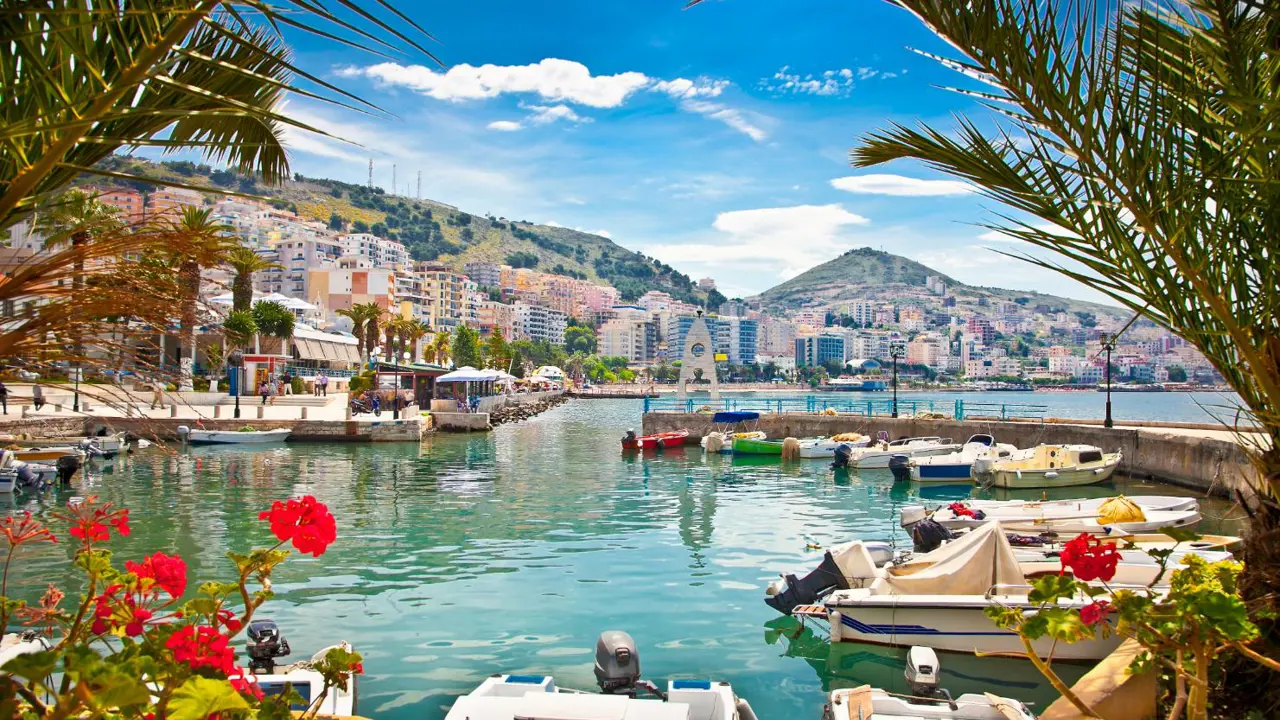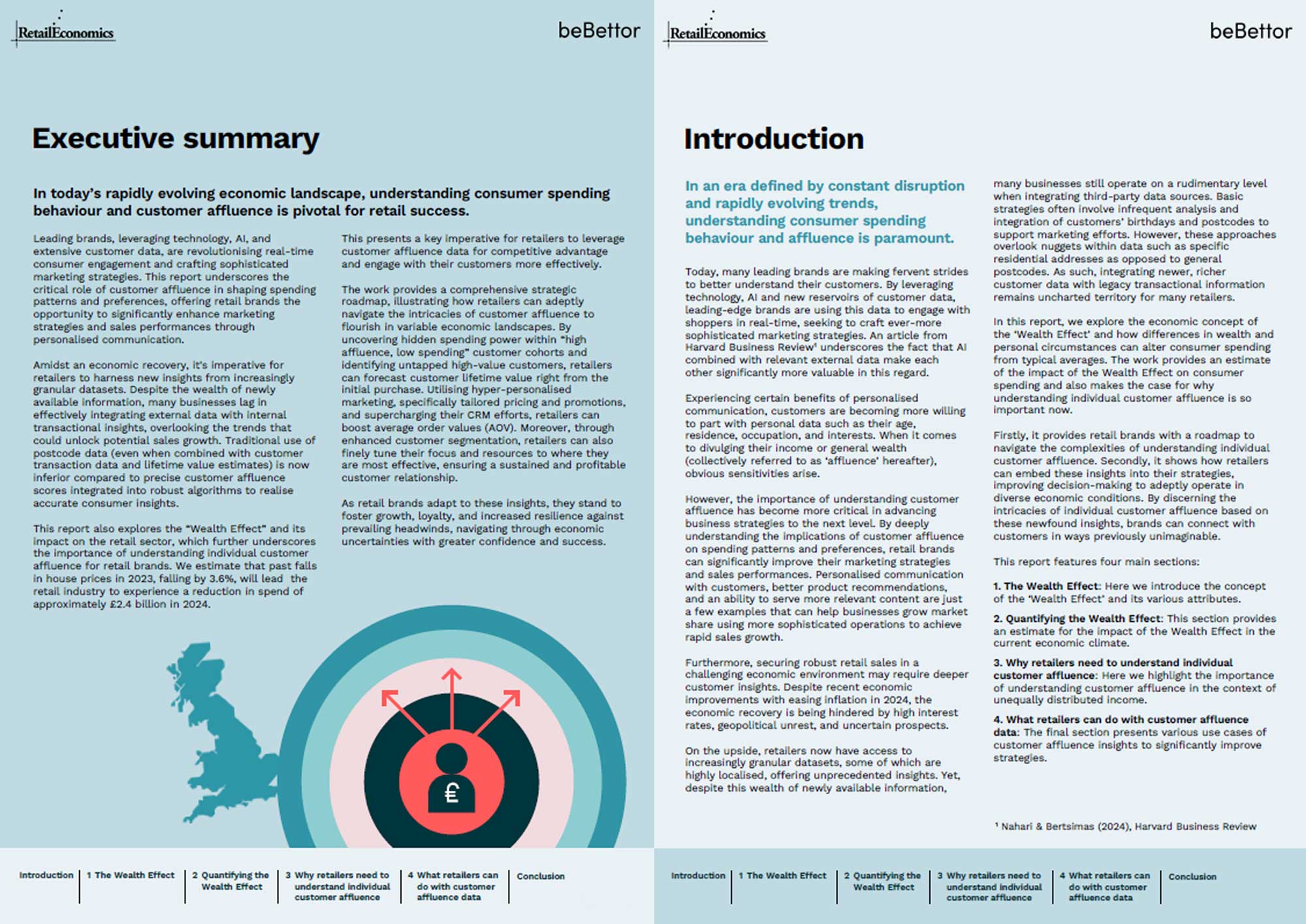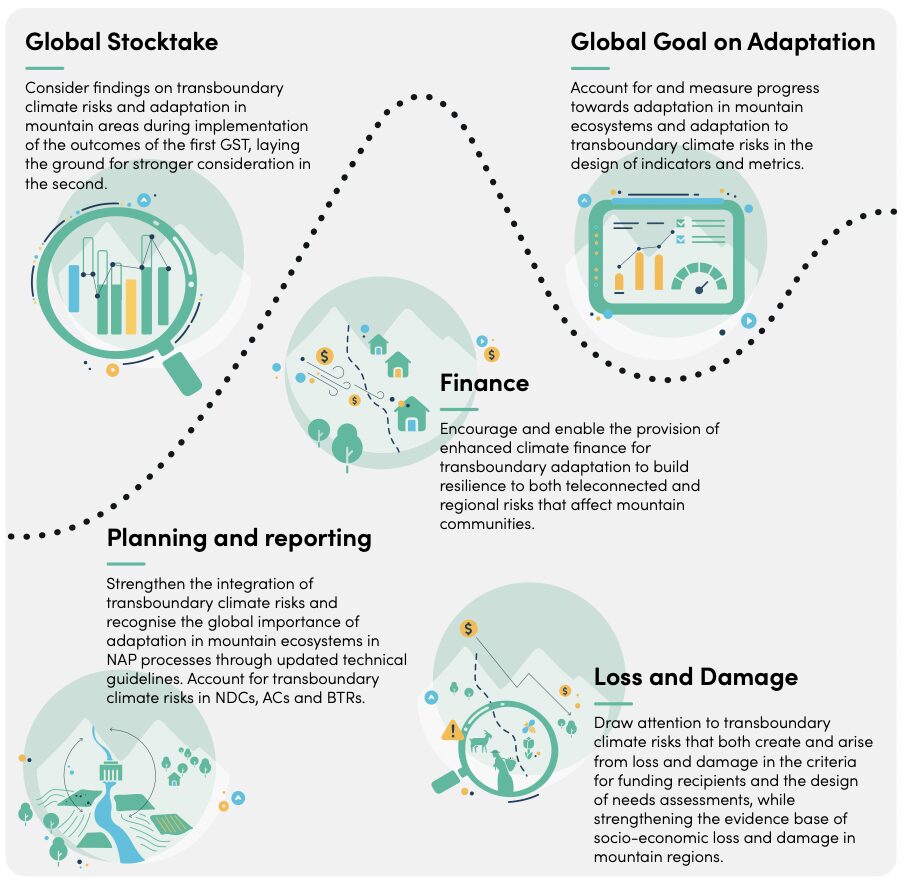The Resilience of Albania’s Traditional Markets: Insights into 2025
Source: www.newmarketholidays.co.uk Overview of Albania’s Traditional Markets Historical significance of traditional markets in Albania Traditional markets in Albania serve as vibrant cultural hubs, steeped in rich history. These markets have been the heart of local trade and social interaction for centuries, reflecting the country’s diverse heritage. Stalls filled with handmade goods, spices, and fresh produce…

Overview of Albania’s Traditional Markets
Historical significance of traditional markets in Albania
Traditional markets in Albania serve as vibrant cultural hubs, steeped in rich history. These markets have been the heart of local trade and social interaction for centuries, reflecting the country’s diverse heritage. Stalls filled with handmade goods, spices, and fresh produce show how these venues were once essential to day-to-day life.
Key historical elements include:
- The influence of Ottoman trade routes.
- Local artisanal practices passed down through generations.
- Markets serving as meeting points for community gatherings.
Current status and challenges faced by traditional markets
Today, Albania’s traditional markets grapple with several challenges. Urbanization and modernization threaten their existence, pushing consumers toward supermarkets and online shopping. These changes often dilute the unique charm and communal essence that define these spaces.
Present challenges include:
- Declining foot traffic.
- Competition from modern retail formats.
- Struggles of local artisans to adapt to changing market demands.
Despite these challenges, there’s a growing acknowledgment of their cultural value, paving the way for innovative solutions and revitalization efforts.

Factors Influencing the Resilience of Albania’s Traditional Markets
Cultural importance and heritage <a href="https://ariatravels.com/step-back-in-time-preserving-tradition-in-modern-dubai-with-cultural-tourism/”>preservation
The enduring resilience of Albania’s traditional markets stems largely from their cultural significance and role in heritage preservation. These markets not only showcase local artisanship but also serve as living museums of Albanian history.
Factors contributing to their cultural importance include:
- A rich array of unique local products.
- Events and festivals celebrating local customs.
- Educational workshops for younger generations.
Adaptation to modern consumer trends
Traditional markets are increasingly adapting to modern consumer trends. By incorporating digital payment options and social media promotion, vendors are attracting a broader audience.
Modern adaptations include:
- Engaging online presence via platforms like Instagram.
- Collaborations with local chefs to create culinary experiences.
- Offering delivery services for convenience.
This proactive approach allows these markets to remain relevant while preserving the essence of Albanian culture.

Innovations Driving the Revival of Traditional Markets
Integration of technology in traditional market practices
In an exciting twist, technology is playing a pivotal role in revitalizing Albania’s traditional markets. Vendors are not just selling products; they are enhancing the shopping experience through digital innovations.
Notable technological integrations include:
- Mobile payment solutions making purchases seamless.
- Social media campaigns to reach younger shoppers.
- Virtual market tours that attract a global audience.
These innovations not only draw crowds but also modernize the image of traditional markets while keeping their cultural roots intact.
Collaborations with local artisans and producers
Innovative partnerships with local artisans and producers are also breathing new life into traditional markets. By showcasing authentic, handcrafted goods, these collaborations enrich the market experience.
Benefits of such partnerships include:
- Highlighting unique local craftsmanship.
- Offering exclusive products only found in the market.
- Strengthening community ties through shared efforts.
This strategy fosters a sense of pride among local creators while attracting both tourists and locals eager to support authentic Albanian culture.

Case Studies and Success Stories
Highlighting successful traditional market initiatives in Albania
Several successful initiatives have emerged in Albania’s traditional markets, breathing new life into these cherished institutions. One standout example is the “Blloku” market in Tirana, which has revitalized its space by incorporating local food festivals and art exhibitions.
Key features of this initiative include:
- Weekly farmer markets promoting local produce.
- Collaborations with chefs to create themed culinary events.
- Craft workshops showcasing local artisans.
These efforts not only attract more visitors but also foster a significant sense of community.
Lessons learned from resilient market practices
From these success stories, several valuable lessons can be gleaned.
Important insights include:
- The significance of adaptability in a changing market landscape.
- Emphasizing community engagement to draw in diverse crowds.
- Leveraging social media for effective marketing and outreach.
These lessons inform future strategies for other traditional markets striving for resilience, emphasizing that a blend of tradition and innovation can yield fruitful results.

Future Outlook and Projections for 2025
Anticipated trends shaping the future of traditional markets
Looking ahead to 2025, multiple trends are anticipated to shape the future of Albania’s traditional markets. The continuing focus on sustainability, coupled with a rising interest in local, organic products, positions these markets favorably.
Expected trends include:
- Increased demand for eco-friendly products.
- Growth of online marketplaces complementing brick-and-mortar locations.
- Rising cultural tourism promoting local experiences.
These trends will likely attract both local shoppers and international tourists eager to experience authentic Albanian culture.
Strategies for sustainable growth and resilience
To harness these emerging trends, traditional markets will need to implement proactive strategies for sustainable growth.
Key strategies may involve:
- Establishing partnerships with local farms for fresh produce.
- Hosting community events to strengthen ties and encourage local patronage.
- Utilizing technology for inventory management and marketing.
By embracing these strategies, Albania’s traditional markets can ensure resilience and continue to thrive amidst evolving consumer preferences.

Conclusion
Recap of the importance of Albania’s traditional markets
In summary, Albania’s traditional markets are vital to the country’s cultural identity and economic landscape. These marketplaces provide not only a venue for commerce but also a vibrant space for community interaction and cultural exchange.
Key points of importance include:
- Preservation of local traditions and artisanal craftsmanship.
- Economic opportunities for local producers and artisans.
- A unique experience for tourists seeking authentic cultural immersion.
Call to action for supporting and preserving these cultural institutions
As we look toward the future, it’s crucial for everyone to play a part in supporting these markets.
Ways to contribute include:
- Shopping locally to encourage artisan products.
- Participating in community events and workshops.
- Spreading awareness on social media about the value of traditional markets.
Together, we can ensure that Albania’s traditional markets continue to thrive for generations to come, preserving the rich cultural heritage they embody.






